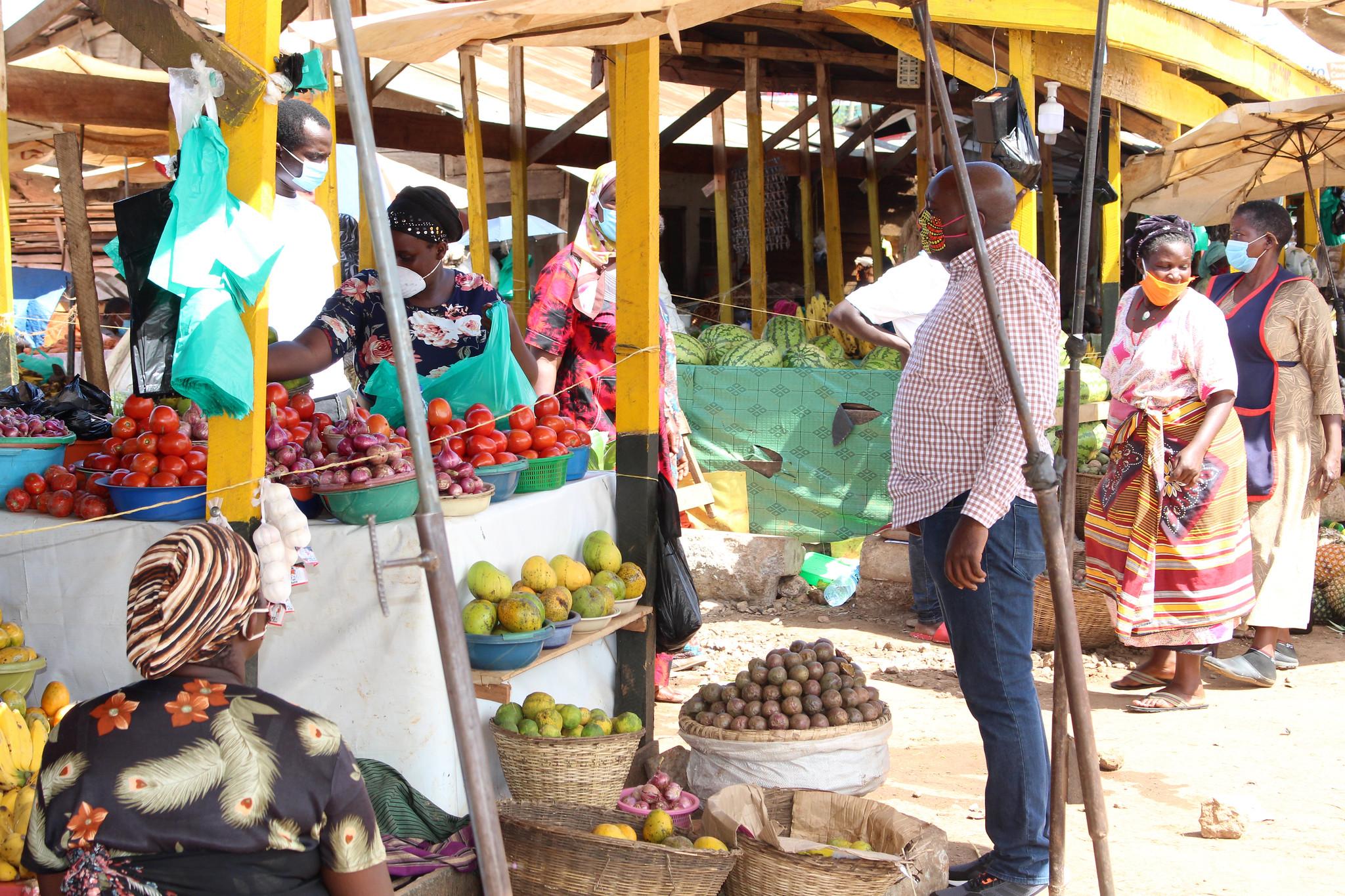- عربي
- 中文
- English
- Français
- Русский
- Español
Tackling Vulnerability on the Road to LDC5
uganda_ilo_asin_nsubuga_ilo_rudmec.jpg

NEW YORK 27 October 2020 – COVID-19 is impacting the world’s Least Developed Countries (LDCs) in unprecedented, profound and disproportionate ways. This is why these countries, often unable to afford comprehensive response plans, need more international support.
So what does COVID-19 mean for the most vulnerable countries and the support they need from the international community?
That was the over-riding question at a two-part high-level forum organised by OHRLLS, the OECD Development Centre and FERDI on October 21 and 23.
At the meeting, representatives from governments, multilateral institutions and civil society urged the international community to rethink the economic vulnerability of the Least Developed Countries (LDCs), and of developing countries more generally.
Fekitamoeloa Katoa ‘Utoikamanu, High Representative for the Least Developed Countries, Landlocked Developing Countries and Small Island Developing States, issued a stark warning to those present at the meeting and the international community at large: “The very credibility of the multilateral system is at stake.”
She explained: “LDCs are the most vulnerable with least access to resources. The LDCs’ structural vulnerabilities are visible to all of us and there is absolute urgency to build resilience and redouble efforts towards achieving the SDGs.”
Vulnerability is one of the main criteria for including in the LDC category in the first instance. It is measured by the economic and environmental vulnerability index (EVI), which captures a country’s structural vulnerability to economic and environmental shocks.
However, growing concerns on exposure to international shocks, and the compounding of several risks, make it necessary to rethink how we think of national and individual vulnerability and how we help the LDCs address it.
Prof. Patrick Guillamont, President of FERDI, highlighted that the vulnerability of LDCs is largely due to structural handicaps beyond their control. It is due to these vulnerabilities, he said, that LDCs have been especially severely affected by COVID-19 in all sectors of their economies. He stressed that reducing vulnerability is the key to managing all shocks, from economic to climate-related.
Speaking about the importance of “people-centric” approaches to tackling vulnerability, Director General of the Qatar Fund for Development, HE Khalifa Jassim Al-Kuwari told the meeting that “The local community has the knowledge, understands the challenges faced and knows which of them are the most pressing.”
Any global recovery will depend on how the weakest economies and health systems can cope with the pandemic. While developed countries have taken large-scale action to deliver broad stimulus packages and protective measures, many of the most vulnerable countries do not have the means, or are too deep in debt, to do the same.
HE Abila Musleh, Deputy Minister, Ministry of Women Affairs in Afghanistan talked about the financial challenges that her country has faced since the pandemic broke out.
“Beyond the very serious human cost and economic downturn, COVID has created a large fiscal hole,” she said, adding that while “donors have responded with some $1.5bn in quick response aid, but only a small portion represents new money.”
HE Angel Gurría, Secretary-General of the Organisation for Economic Cooperation and Development (OECD), said that the international community must “reinvigorate and reform international co-operation" to better respond to the emerging challenges.
Calling a more robust approach to the measurement and assessment of vulnerability in development responses, he called for the international community to focus on placing multidimensional vulnerabilities, resilience and the provision of global public goods at the core of the system.”





